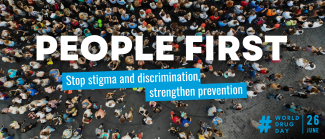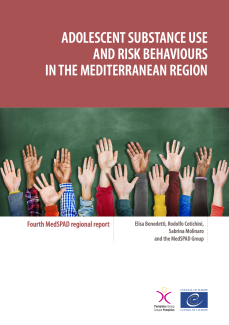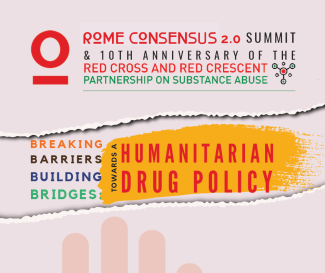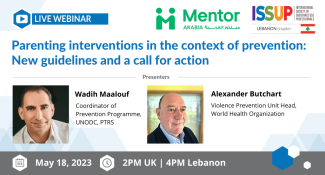The Process of the Implementation of Quality Standards in Drug Prevention in Croatia: A Case Study
INTRODUCTION: Prevention science and quality standards of drug prevention in the EU and in the world have developed in recent decades. Progress has been made in quality development in Croatia, but the experience of the process of improving the field of drug prevention and the implementation of quality standards in Croatia has not been described in detail in the literature. This case study is an example of adaptation of the European QS and the emergence of other quality assurance components in the field of addiction prevention in the Republic of Croatia. The study describes the Croatian example...





